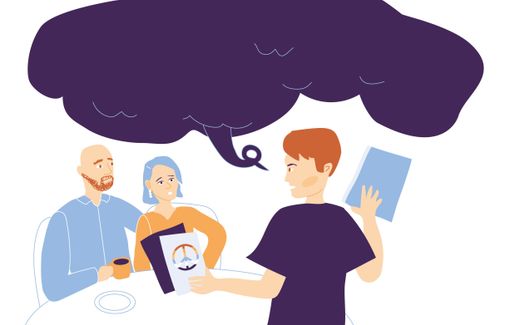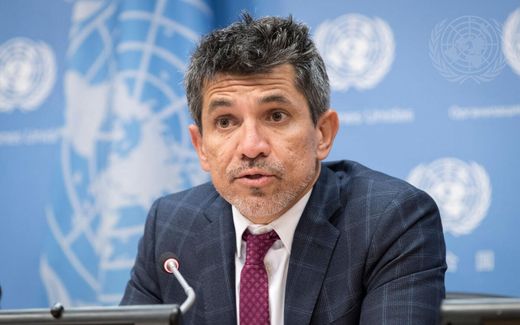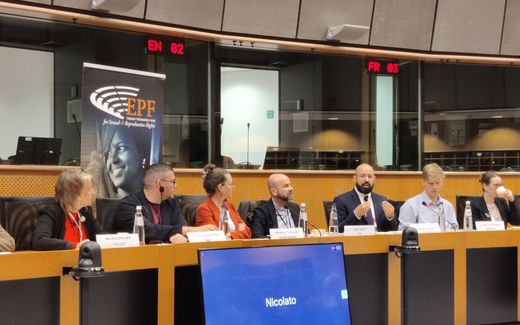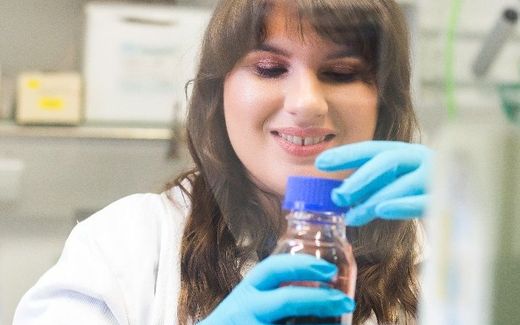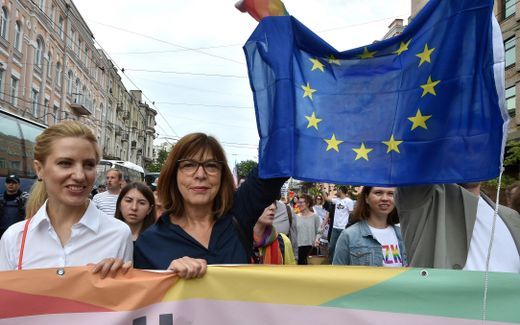“US transgender organisation deliberately misleads vulnerable people”
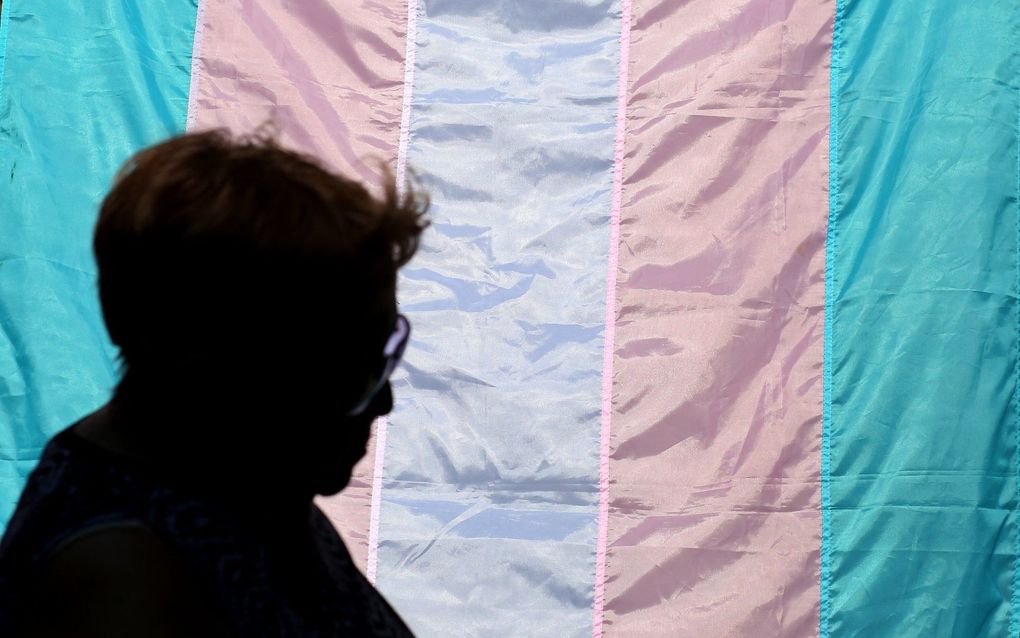
A person walks past a Transgender flag. Photo AFP, Leonardo Munoz
European Union
The global authority on transgender care, WPATH, is deliberately misleading vulnerable people. This would appear from internal documents leaked by a US whistleblower and brought out last month.
The disclosed documents, published as "WPATH Files", number 170 pages and refer to "pseudoscientific experiments in children, teenagers and vulnerable adults". The files seriously discredit the World Professional Association for Transgender Health (WPATH), the international professional group that sets guidelines for gender care worldwide. The documents allegedly show that the organisation is guilty of promoting risky, experimental treatments in vulnerable people under the guise of reliable and necessary care.
The file contains material that a whistleblower from WPATH shared with US investigative journalist Michael Shellenberger. This includes a recording of an online consultation and screenshots of internal messages from 2021 to 2024. Shellenberger researched and analysed the data with his team and made all the information accessible online this week.
Shocking
The documents would show that WPATH doctors acknowledge that there is a link between transgender hormone therapy and cancer. WPATH members would also ignore the side effects and long-term consequences of hormonal and surgical procedures. Permanent infertility, pelvic inflammatory disease, vaginal atrophy, incontinence and severe pain are discussed in the leaked documents. Further, the picture emerges that WPATH members are aware that minors cannot foresee the lifelong consequences of "gender-affirming care". Concerns about blocking puberty in a 10-year-old girl and about genital surgery in people with schizophrenia are dismissed by members as unnecessary and patronising.
"You don't have to be a medical expert to find these conversations and other communications downright shocking," Shellenberger says. "The leaked documents show that what is called gender care is neither science nor medicine. At its core, the information proves that professionals within WPATH know that patients and their parents do not actually consent to treatment."
According to Mia Hughes, a member of Shellenberger's research team and compiler of the WPATH Files, the dossier should force a public debate in order to achieve better care for a very vulnerable group in society. "If doctors do not step forward themselves, then it is the job of journalism and the wider public to do so," he said.
Science
Responding to the allegations, WPATH states it has "always been a science- and evidence-based organisation whose recommendations are widely endorsed by major medical organisations around the world. We are the professionals who know best the medical needs of transgender and gender diverse individuals."
The gender clinic at Amsterdam UMC is not responding substantively to a request for a response to the leaked data. The clinic is closely intertwined with WPATH and participates in various bodies there; Amsterdam child psychiatrist Dr Annelou de Vries took office last year as president of the organisation's European branch (EPATH).
As in other Western countries, gender care in the Netherlands is modelled on WPATH's care guidelines. In fact, the treatment method with puberty inhibitors that WPATH recommends for adolescents with gender dysphoria, known as the Dutch Protocol, was developed in Amsterdam.
Side effects
Dutch physician Dr Hanneke Kouwenberg is not surprised by the contents of the WPATH Files. For several years, she has been drawing attention to developments in transgender care, especially in children. "I am very concerned about this. Treatment methods that have insufficient scientific basis, such as the Dutch Protocol, are medically and ethically irresponsible." Kouwenberg does not doubt the reliability of the leaked documents. "You don't know whether other WPATH members may have taken an ethical stance, so there may be selective information, but it doesn't look like that."
According to Kouwenberg, the problem in the leaked documents is not the peer consultation but the lack of critical reflection and downplaying of serious side effects and risks of the advocated policies. "I find it very disturbing to discover in the WPATH file that no one sees the ethical problem," he said.
Kouwenberg suspects that the leak will have little impact on practice in the Netherlands. "The big problem is that most media do not publish about this. Probably, editors find the reports so bizarre that they think they must be conspiracy theories and suspicious. I thought the same myself at first."
This article was translated by CNE.news and published by the Dutch daily Reformatorisch Dagblad on March 8, 2024
Related Articles


